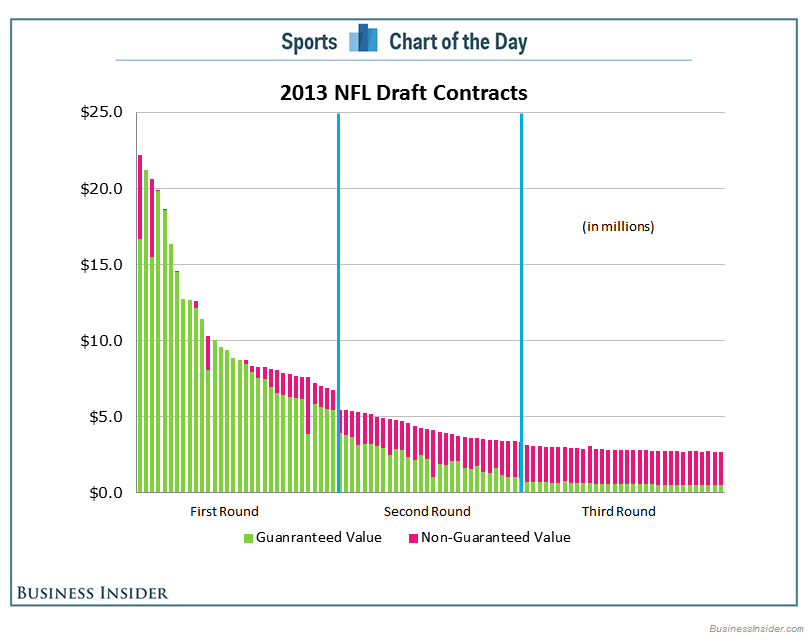Current NBA LA Clippers owner, Donald Sterling, got in a heap of trouble for making racist statements that were caught on tape. The NBA is going to kick this guy out of being an NBA owner, and it’s probably about time, as he has a history of just being racist. He doesn’t want to stop owning the Clippers, so now he’s trying to do all he can to save what he can, and possibly still hang on to the team and not be forced to sell. What is an 80 year old racist NBA owner to do? Why go on CNN with Anderson Cooper!
Sterling is doing PR to try and get the public on his side, which is a colossal waste of time, but when you’re a billionaire you do silly stuff. Sterling believes we should all forgive him for making one big stupid mistake. This is his exact quote from the interview:
“Am I entitled to one mistake, am I after 35 years? I mean, I love my league, I love my partners. Am I entitled to one mistake? It’s a terrible mistake, and I’ll never do it again,”
First off, this isn’t Donald Sterling’s first mistake. He has a history of being a bad guy. The one mistake argument doesn’t work well for him. But should it work for anyone? That really is the question for all of this.
Should someone, like one of your employees, get a second chance?
In the HR world this is almost a daily dilemma that is faced. On one hand you want to say, “Yes!”, shouldn’t everyone get a second chance. But, as HR Pros know, many times, we don’t give employees a second chance. Of course, there are reasons of why you wouldn’t give a second chance. Like the Sterling case, you know of a history of prior bad decisions, coupled with this evidence, you make the call to say, “Nope! No second chance!”
This is what makes HR tough. I’m not a big believer in the concept of ‘setting precedent’. Which means basically using a previous example to guide a decision. HR people (notice I didn’t say Pro) love to use this concept to make tough decisions, easy. “Well, we fired Jill when she was late three times, so we also have to fire Bill!” No, you don’t! Now, you might have some risk, but unless the cases are completely the same, you’re just trying to take the easy way out! Maybe Jill was late without excuse. Maybe Bill showed evidence of going to extraordinary lengths to make it to work and just couldn’t. Just because you made one decision one way, doesn’t mean you always have to make it that way. That’s uninformed and naive.
You get yourself in trouble when you start making decisions differently, for similar circumstances, based on things like gender, race, etc. That’s when you get yourself into problems. But if Bill was a much better performer than Jill, should I give him another chance? That’s the decision I need to make with my business partners. But to go and just say “No” we need to fire Bill, doesn’t make a well informed partner.
What about true first time, one mistake, issues? Does someone ‘deserve’ a second chance? I tend to believe it’s all based on context. Mess up a major presentation because you didn’t crunch the data correctly, and we don’t get the sale. Okay, I’ll give you another chance. Forget to turn off the power to a machine when you’re finished, and a coworker gets badly injured because of it. You’re fired. Second chance decisions on contextual. Donald Sterling didn’t mistakenly become a racist in a conversation once. He should be done forever. The NBA’s main ’employee’ is predominately African American. He’s a racist. I have enough of the context.

